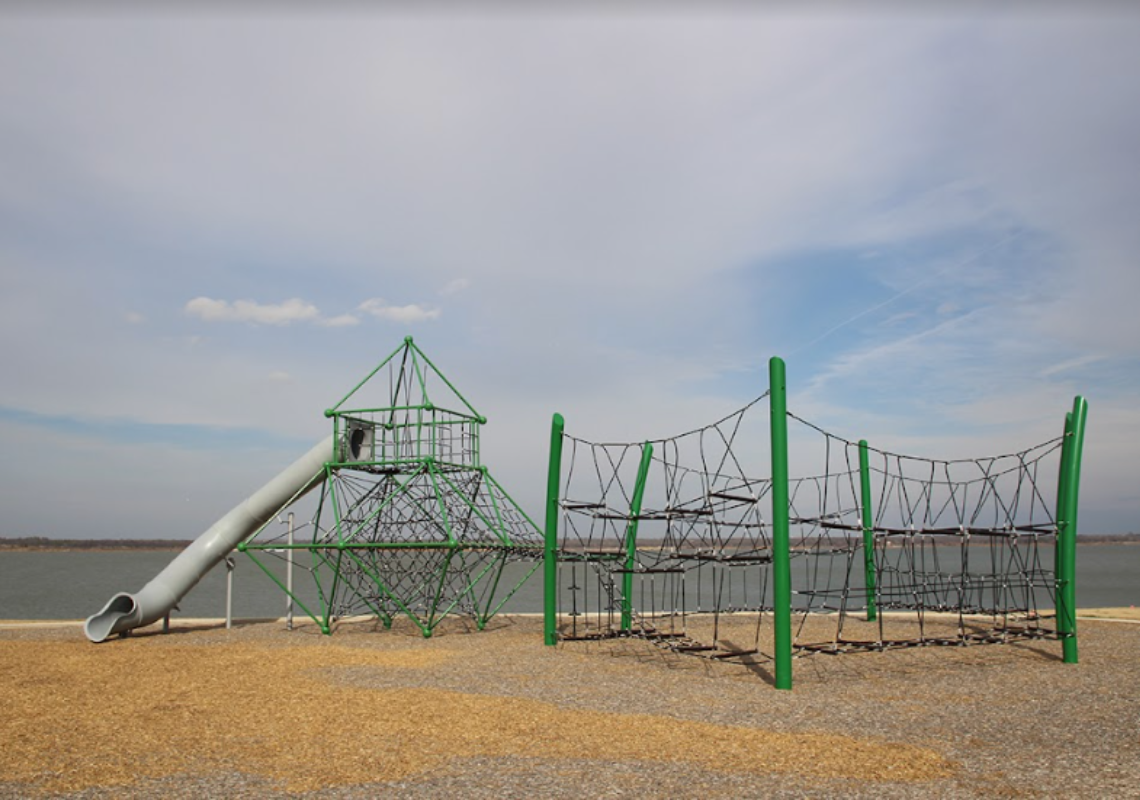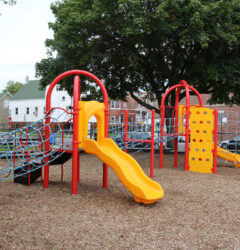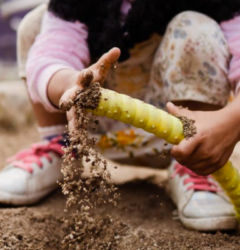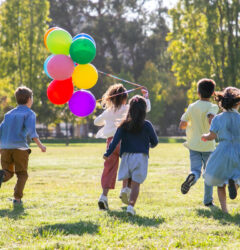20 Jul

In the simplest terms, cognitive development is a person’s ability to think and to use reason. Cognitive development amongst children often varies. Even in the same age groups, you’ll see a wide range of skill and intellect. That range is often, within the range of “normal”.
The world would be quite bland if we were all the exact same, with the same level of thoughts and feelings. Each child and their journey through development sets the path for their own possibilities, and their own opinions.
A lot of parents – like a lot – struggle with the worry of whether their child is on par with their peers. We can overthink, become anxious, wonder if we should speak to our doctor, all of that. But remember that no child is going to hit every decided milestone at just the right time, or in just the right way. It’s a guideline, and when you see milestones or developmental stages, they are suggestions, not hard and fast rules. You should always mention concerns to a provider if it’s causing you stress but often, it may just be that your little one needs some more time or is doing it in their own way.
It is always a unique process and progression of time when children are involved.
Through play, kids can practice how to use reason and logic, how to form their own conclusions, how to come up with creative ideas.
Cognitive development starts right away. Within weeks of being born you may notice that your child will slowly begin to express interest in things around them. As they grow, they will start to pick things up, recognize people or voices, they will seem curious, or show emotions like love. By 2 years old, you’ll often see gestures, and words forming, the ability to identify body parts or find their favourite toy.
By 3 or so, this is when a lot of parents can easily identify the further development. The child is likely chatty, and can identify their feelings, ask questions, voice frustration, all of that. This is a prime time for playing at the playground, it’s a great space to help develop all the cognitive skills they are working on around the ages of say three to seven.
Playing outside, at a playground or even just in your backyard, can magnify a child’s senses and, by default, their cognitive exposures. Transferring a game from indoors to out, can simply change the whole experience by adding in a new sense of smell, sound, touch (hopefully not taste!). The sensory improvements, or variety, can help them learn how to make comparisons or notice the differences in their environments.
Children learn how to play detective, and to hunt for treasures. They touch the ground, and the trees, and all the gross bugs they can find. It’s all exploration, and full of developmental skills. The sense of wonder a child has when they first learn how to explore their local areas, even their backyard – you’ll see so much joy and excitement over the simplest things because everything is so new for them. You can enhance that by providing them extra gear for learning, like shovels, spoons, sticks. Help them make mud pies and to race rocks down slides.
That creates such room for independence, too. Playgrounds, and safe outdoor areas that they can freely wander encourage contentment and build confidence. Open ended play can encourage the development of problem solving and those problem-solving skills are also developing creativity along the way. In outdoor settings, they can often play without so many rules or restrictions. They get to be a little louder, and they get to be a lot messier. Play is learning. Outdoor play is like expanded learning. It’s so freeing to be outdoors, and that brings a new sense of energy and great vibe when trying to be creative.
There is no doubt that the development of creativity is a huge benefit of outdoor play, and it’s a huge part of a child’s cognitive development. Watch a child play with their friends and make note of all the creative ways they engage. It’s always such a pleasure to watch. It’s also a great way to gauge their mood or any potential anxieties. Shifts in the way they play or the type of play they engage in can be important to note. Dress up play, music games, or putting on plays, can all be insight into how a child is feeling or how they are developing their emotions and interests.
Another key benefit to playgrounds and outdoor play is learning about heights, balancing, learning how to run and jump. Stuff like figuring out how close they need to be to the next rung on the monkey bar before they can safely swing to it. All of that builds up into an overall sense of awareness.
Any games with beams or bars to cross, ladders to climb, slides to figure out. Some of our games play out like obstacle courses which is great because the kids can always change up the way they approach their play. When it always feels different, there’s always a new way to learn. Parents or caretakers can map out challenges along the grass using ropes and sticks, or you can play a game of catch, but mix it up by throwing and catching from different locations or heights even.
There are so many ways to develop cognitive skills at the playground. Peer interactions and different exposures maximize their learning opportunities.
At Dynamo Playgrounds, we strive to offer maximum play and maximum learning opportunities for cognitive growth. We recognize children of all abilities and aim for inclusivity at every possible opportunity. If you’d like help designing your next playground, we are happy to help.









Follow Dynamo Playgrounds